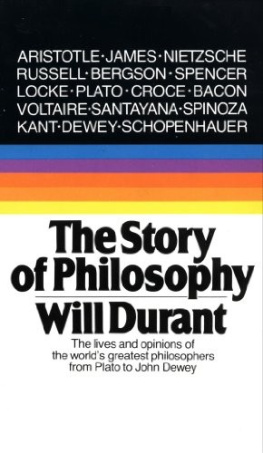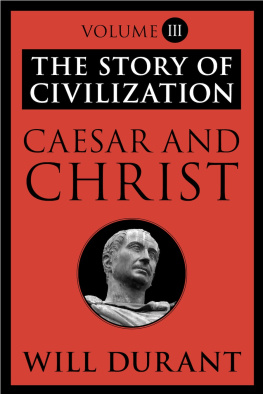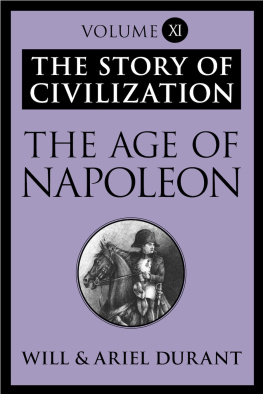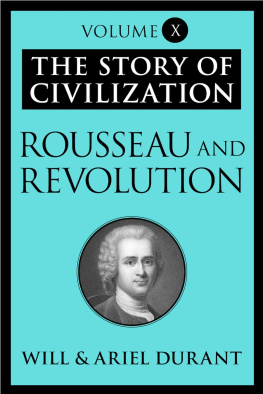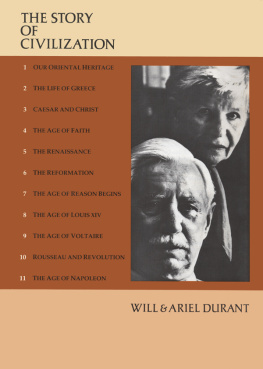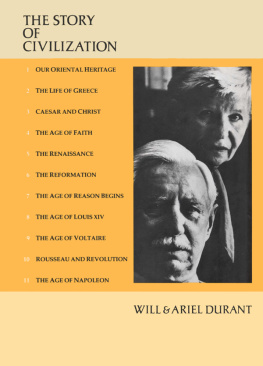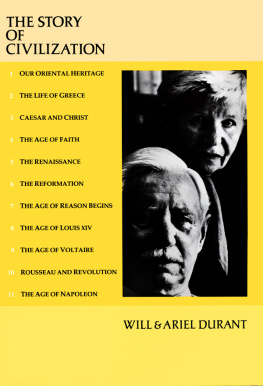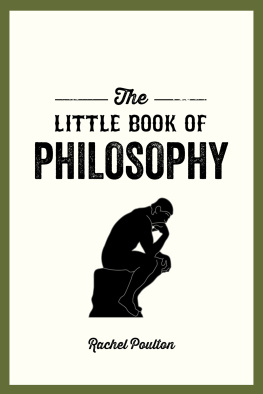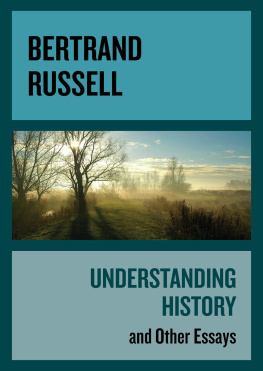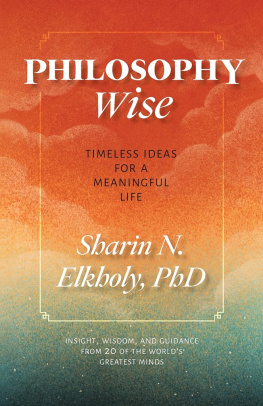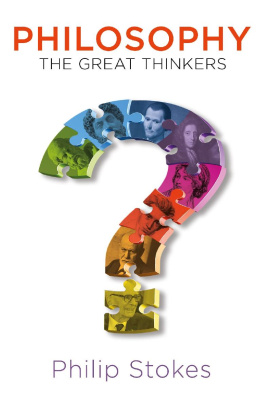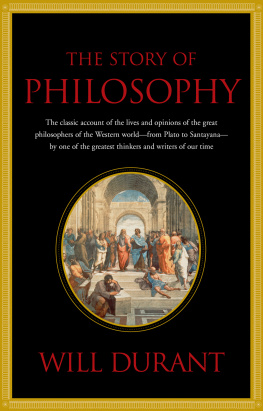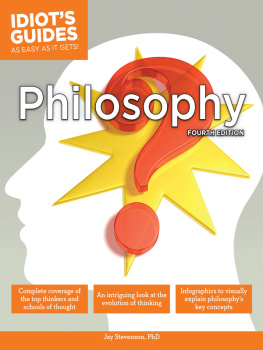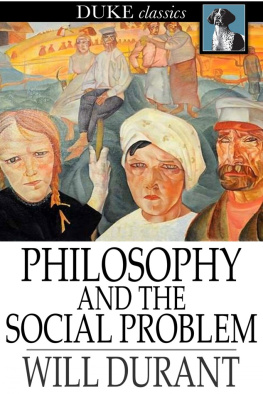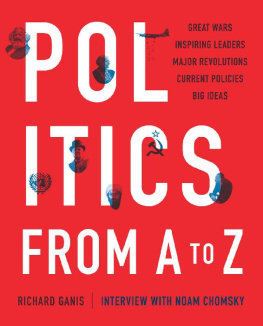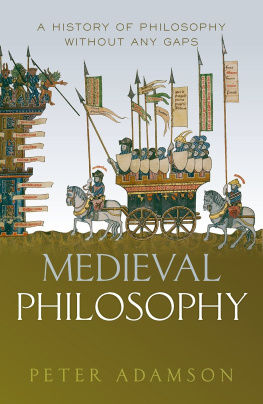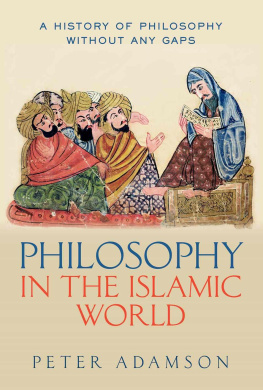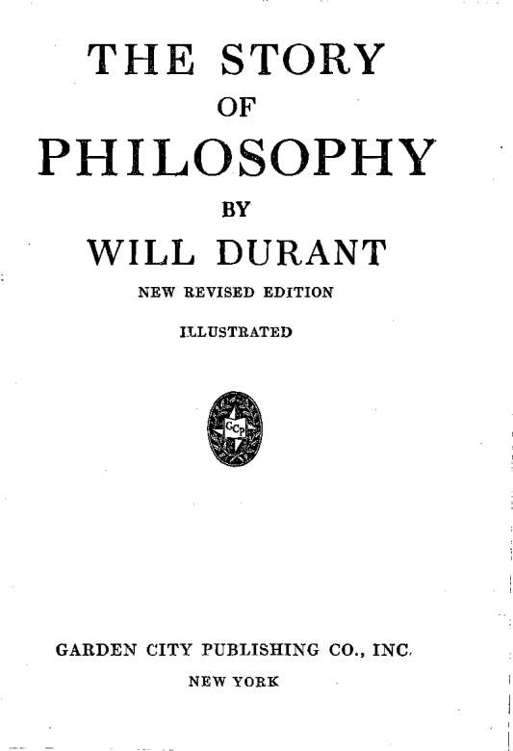
Socrates
TO MY WIFE
Grow strong, my comrade... that you may stand
Unshaken when I fall; that I may know
The shattered fragments of my song will come
At last to finer melody in you;
That I may tell my heart that you begin
Where passing I leave off, and fathom more.
PEEFACE TO THE SECOND EDITION
APOLOGIA PRO UBRO SUO
My publishers have ashed me to use the occasion given by a new edition of The Story of Philosophy to discuss the general question of "outlines" and to consider some of the shortcomings of the volume. I am glad of this opportunity to acknowledge these, and to express with (M the weakness of mere words the gratityde that 1 must always feel for the generosity with which, despite so many defects, the American public has received this book.
The "outlines" came because a million voices called for them* Human knowledge had become unmanageably vaH; every science had begotten a dozen more, each subtler than the rest; the telescope revealed stars and systems beyond the mind of man to number or to name; geology spoke in terms of million* of years, where rpen before had thought in terms of thousands; physics found a universem the atom, and biology found a microcosm in the cell; physiology discovered inexhaustible mystery in every organ, and psychology in every dream; anthropology reconstructed the unsuspected antiquity of man, archeology unearthed buried cities and forgotten states, history proved all history false, and painted a ccmvas which only a Spengler or an Eduard Meyer could vision as a whole; theology crumbled, and political theory cracked; invention complicated life and war, and economic creeds overturned governments and inflamed the world; philosophy itself, which had once summoned all sciences to its aid in making a coherent image of the world and an alluring picture of the good, found its task of coordination too stupendous for its courage, ran
away from all these battlefronts of truth, and hid itself in recondite and narrow lanes, timidly secure from the issues and responsibilities of life. Human knowledge had become too great for the human mind.
All that remained was the scientific specialist, who knew "more and more about less and less," and the philosophical speculator, who knew less and less about more and more. The specialist put on blinders in order to shut out from his vision all the world but one little spot, to which he glued his nose. Perspective was lost. "Facts" replaced understanding; and knowledge, split into a thousand isolated fragments, no longer generated wisdom. Every science, and every branch of philosophy, developed a technical terminology intelligible only to its exclusive devotees; as men learned more about the world, they fownd themselves ever less capable of expressing to their educated fellow-men what it was that they had learned. The gap between life and knowledge grew wider and wider; those who governed vould': fU)t^^&nderstand'those who thought, and those who warded to know could not understand those mho knew. In the midst of unprecedented learning popular ignorance flourished, and chose its exemplars to rule the great cities of the world; 'in the midst> of sciences endowed mid enthroned as never before, new religions were born every day, and old supers stiiions recaptured the ground they had lost. The common niari found himself forced to choose between a scientific priest-, hood mumbling unintelligible pessimism, and a theological priesthood\ mumbling incredible hopes. /,
In this situation the function of the professional teacher wa& clear. It should* have been to mediate between the specialist and the nation; to learn the specialist's language, as the spe* cialist had learned . nature's, in otder to break' down the baf-, riers between knowledge and need, and find'for-newtruths old terms that cM literate \people might vmderstand. For if knowledge became too great for communication, it would de* generate into scholasticism, and the weak acceptance of authority; mankind would slip into anew age of faith,worship-*
PREFACE TO THE SECOND EDITION vii
ing at a respectful distance its new priests; and civilization, which had hoped to raise itself upon education disseminated far and wide, would be left precarioiisly based upon a technical erudition that had become the monopoly of an esoteric class monasticatty isolated from the world by the high birth rate of terminology. No wonder that all the world applauded when James Harvey Robinson sounded the call for the removed of these barriers and the humanization of modern knowledge.
v The first "outlines" the first efforts at the humanization of knowledge, were Plato's Dialogues. The ptmdits possibly know that the Master wrote two sets of worksone in technical language for his students at the Academy; the other a group of popular dialogues designed to lure the average literate Athenian into philosophy's "dear delight." It did not seem to Plato any insult to philosophy that it should be transformed into literature, realized as drama, and beautified with style; nor any derogation to its dignity that it should apply itself, even intelligibly, to living problems of morality and the state. By the humor of history, his technical works were lost, and his popular works remain. By the irony of history it is these popular dialogues that have given Plato his reputation in the schools.
For us, however, the career of the outline begins with H. G. Wells. The historians did not quite know what to do with The Outline of History; Prof\essor Schapiro described it as full of errors, and a liberal education. It was full of errors, as any book of large scope is bound to be; but it was an astonishing and stimulating performance for one mind. The journalistic genius of Mr. Wells had tied the volumes up with the movement towards international peace, and had entered them as an important team in the "race between education and catastrophe." No one wanted catastrophe, and every one bought the book. History became popular, and historians be
viii PREFACE TO THE SECOND EDITION
came alarmed. Now it would be necessary for them to write as interestingly as H.G. Wells.
Strange to say, two of them did. Professor Breasted, of Chicago and Egypt, revised and improved an old text-booh, and Professor Robinson did the same; an enterprising publishing firm gathered their work into two handsome volumes, gave them a captivating titleThe Human Adventureand issued the best outline of all, a masterpiece of exposition m authoritative as a German and as clear as a GavX. Nothing in their field has equaled those volumes to date.
Meanwhile Hendrik Willem van Loon had romped over the same ground with a pen in one hand, a pencil in the other, and a twinkle in his eyes. He cared nothing for dignity, and loved a joke surpassing well; he went laughing down the centuries, and pointed Ms moral with drawings and smiles. Adult* bought The Story of Mankind for their children, and surreptitiously read it themselves. The world was becoming Scandalously informed about history.
The appetite of the layman grew by what it fed on. There were m America millions of men and women who had been unable to go to college, and who thirsted for the findings of history and science; even those who had gone through college showed a moderate hunger for knowledge. When John Macy published The Story of the World's Literature thousands welcomed it as a genial and illuminating survey of a fascinating field. And when The Story of Philosophy appeared it had the good fortune to catch this wave of curiosity on the rise, and to be lifted to an wndreamed-of popularity. Readers were astonished to find that philosophy was interesting because it was, literally, a matter of life and death. They passed along the word to their friends, and soon it became the fashion to praise, to buy, even, occasionally, to read, this book that had been written for a few. All in all it was such a sicccess as no author who has known it once can ever hope to know again.

